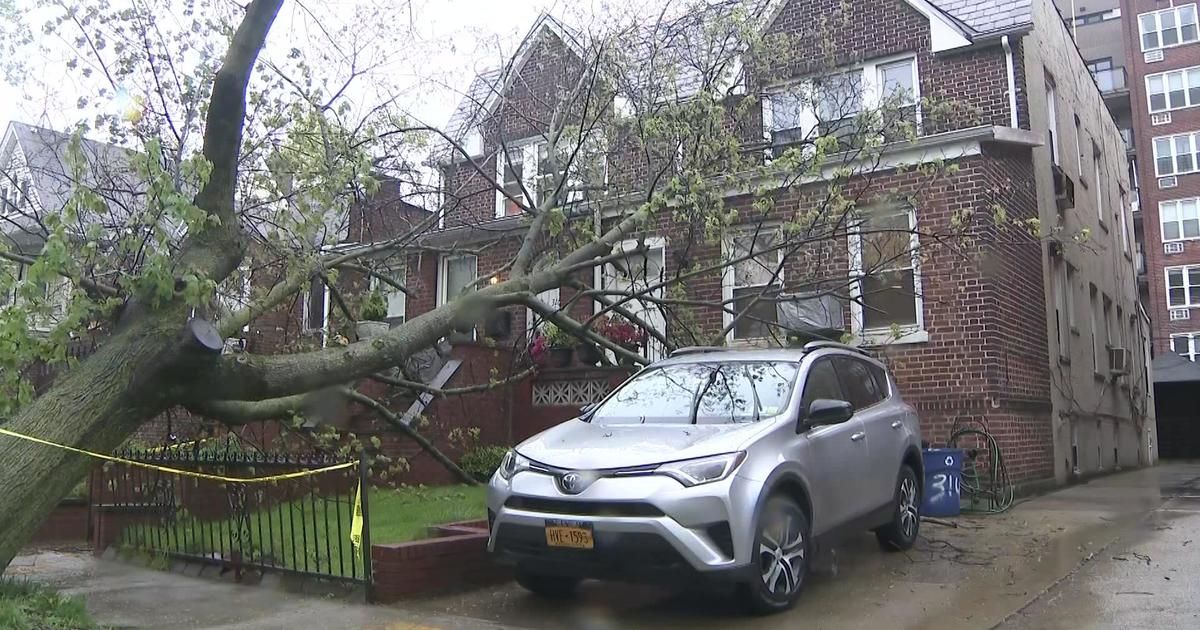Questions To Ask Before You Choose a Charter School
Charter schools are run by parents, teachers and organizations such as consumer groups. The charter school movement started in the 1990s by parents concerned about the quality of the traditional public schools in their neighborhood. There are currently 183 charter schools in New York City operating under the Board of Education umbrella, all of which have varying missions, goals and areas of focus. Any child eligible to attend public school is also eligible to attend a public charter school. Not all schools are right for all children, however. Is a charter school the right choice for your child? These questions to ask may help you decide.
How are the public schools in your area? – Before you decide that a charter school is the only way to go, find out about the current and future goals, quality and leadership of your local public school. Make appointments to meet with the principal, parent liaison and teachers, but don't forget to talk to parents in the neighborhood whose children go there, as well as those who have made another choice. A good way to find out about any school is to attend a PTA meeting, as well as tour the school. Keep an eye out for new, updated textbooks and computers and gauge student involvement in the classroom. If the school is not up to par and you think your child would be better served elsewhere, cast a wide net and look into the public charter schools.
How do I find a school? – The Board of Education publishes a list of charter schools by borough in 10 languages. One of your first considerations is how far you want your child to travel. You can then narrow down your search through a variety of criteria, including:
- School mission statement: A mission statement represents the heart of the school. Some focus on academic achievement, future success or character building. Others may concentrate on creating college readiness, or have a core focus in math, art, public speaking or business skills. A number of schools are geared towards English-as-a-second-language students and still others require the acquisition of a second language, such as Latin or French. Charter school missions are as unique as the children attending each school and can supply insight into a school capable of meeting your child's needs.
- Website: Is the school's website representative of a thriving community? Check to see if the calendar is kept up to date and look for information of interest to you, such as athletics, after-school programs, class size, enrichment programs and overall academic focus. Also check the school's policy on attendance, homework, dress policy, bullying and code of conduct.
- Accountability data: Each school must disclose the number of children performing at or above the proficiency level for their grade. Check both your child's grade and overall school level to determine how well the school is doing.
- School leadership: How accessible is the school leadership? If you are unable to get an appointment or schedule a tour, that may be a red flag. It also makes sense to learn about the school founder, principal and other significant people at the leadership level. Google them to learn about their backgrounds, goals and motivations for starting the school.
- Track record: If the school has been in existence for several years, find out how well it is fulfilling its mission. For example, if a school's main goal is preparing students for college, ask how many graduates have gone on to higher education.
- Location: Many charter schools are located within public schools. Find out who your children will be sharing the hallways with and how the two schools function together.
- Nuts and bolts basics: Some schools offer an extended-year program, others an extended day. Busing, free lunch policies, dress code and extracurricular activities vary from school to school. If you see a music or computer room on your tour, don't simply assume that open access is given to all students. Ask as many questions as you needed to determine what your child's day-to-day life at the school will be like.
- The application process: Admissions to charter schools are done through an individual application process. If the number of kids applying to a school exceeds the number of seats available, a random lottery system is typically utilized to determine who will be accepted. For this reason, deadlines are important. Make sure you know the deadline for each school you are applying to as well as other requirements the school may have. Many charters favor kids who live within their community school district and some also give preference to siblings of children who are already enrolled. Some have preferences leaning towards at-risk kids, such as English language learners and those eligible for free or reduced cost lunch.
Learning about each school and its core focus will help you narrow down your own search criteria and support your ability to choose your child's school wisely.



